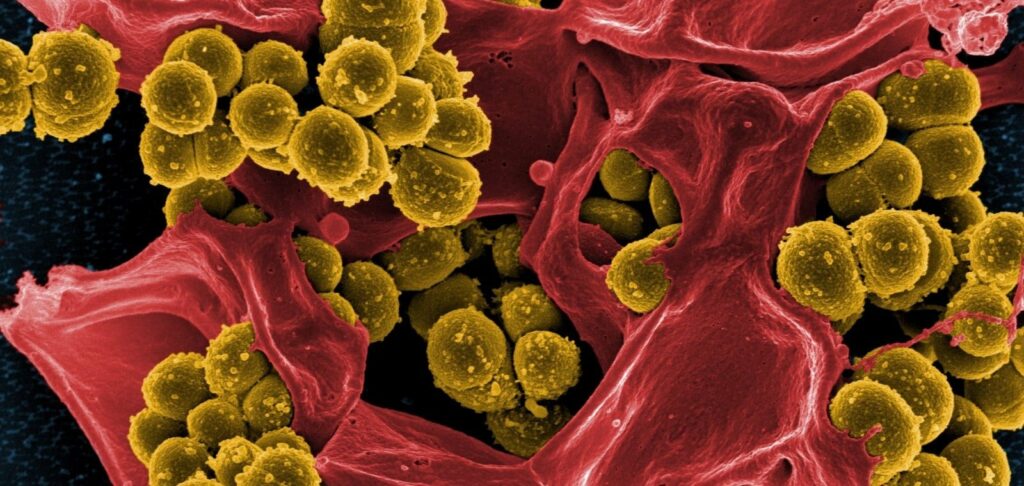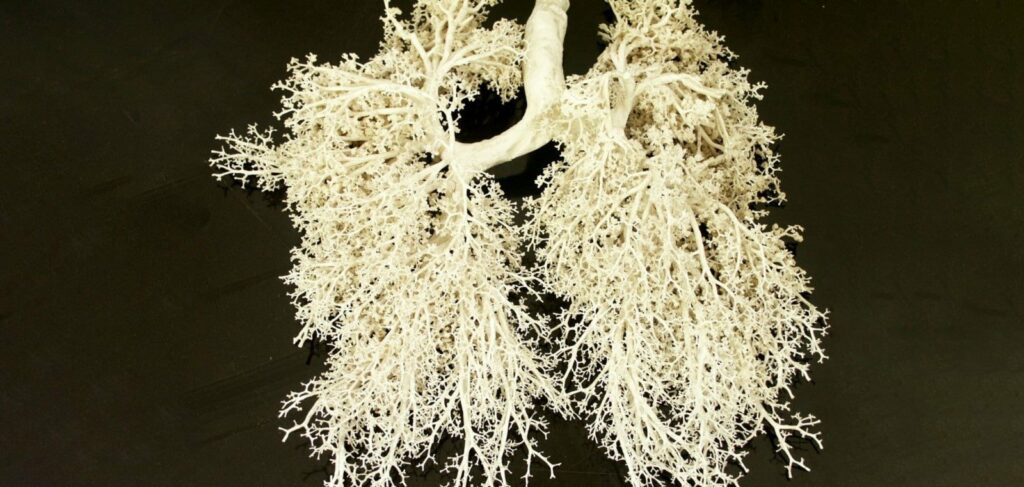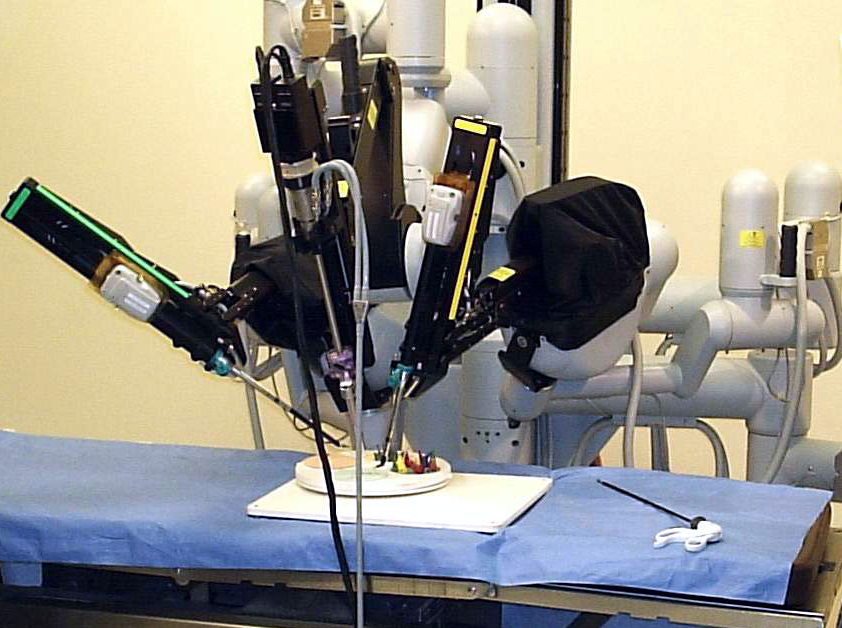
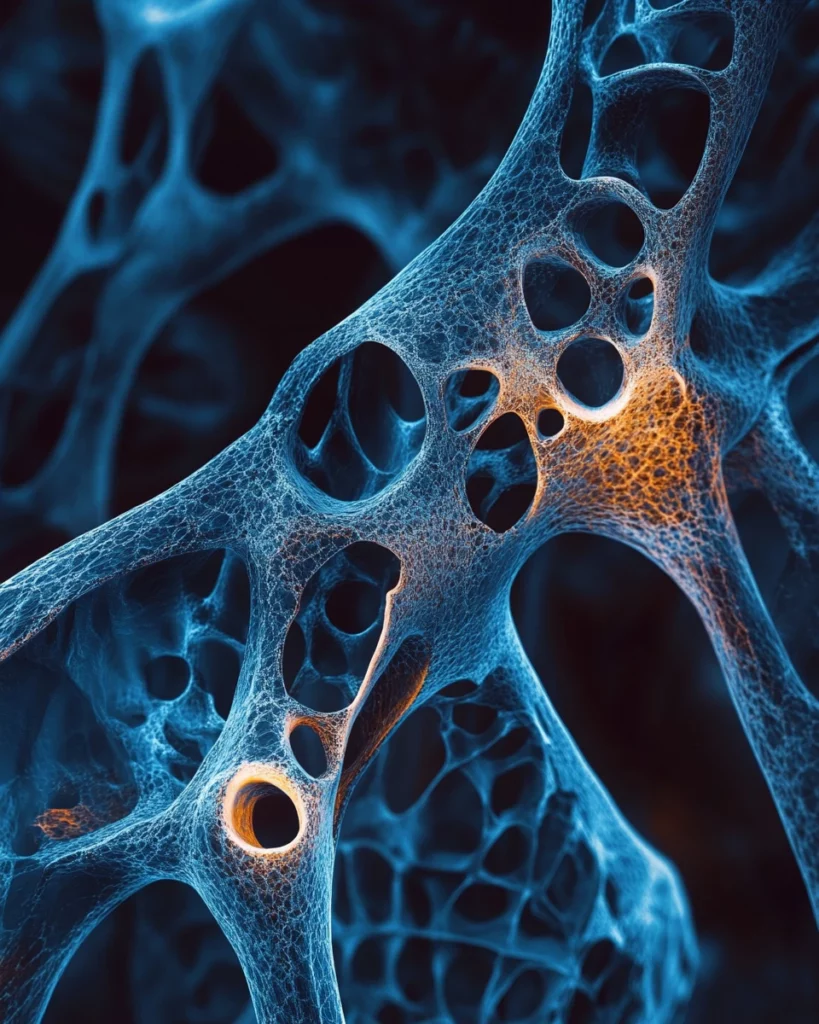
Vitamin K is a group of fat-soluble vitamins that play a key role in blood clotting and bone metabolism.
Although vitamin K is not as widely discussed as other vitamins, its importance to human health cannot be overemphasized.
In this article, we will look at the functions of vitamin K, its effects on the body, the latest research in this area, and recommendations for its consumption.
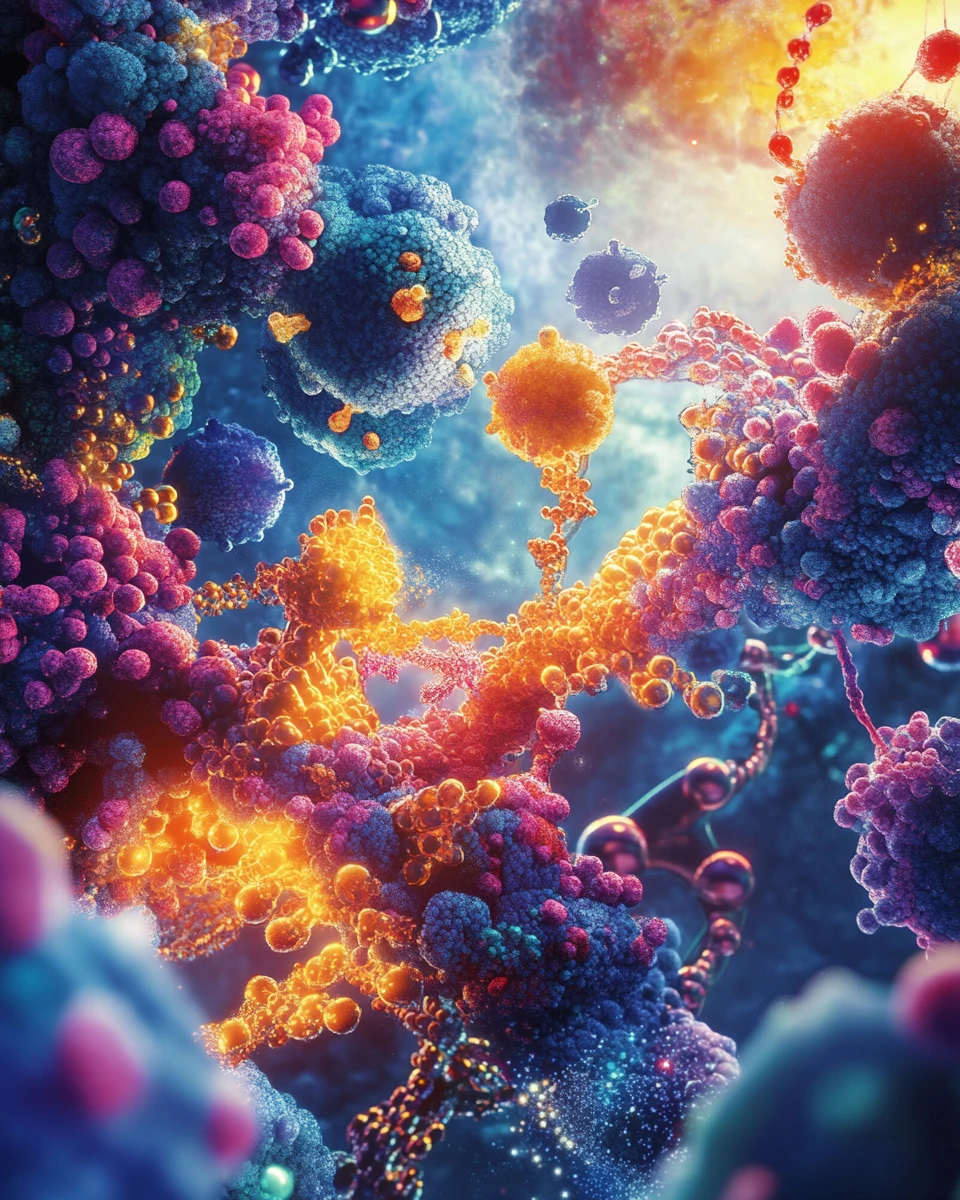
The role of vitamin K in blood clotting
Mechanism of action
Vitamin K is essential for the synthesis of a number of proteins involved in blood coagulation.
It serves as a coenzyme for the γ-carboxylation of glutamine residues in prothrombin (factor II) and factors VII, IX and X.
This process ensures the ability of these proteins to bind calcium ions, which is critical for activation of the coagulation cascade.

Consequences of the deficit
Vitamin K deficiency can lead to increased bleeding and prolonged clotting time.

This is especially important for newborns who have limited vitamin K stores, which can cause hemorrhagic disease.
Table 1: Vitamin K-dependent clotting factors
| Factor | Title | Function |
|---|---|---|
| II | Prothrombin | Converts to thrombin, activating fibrinogen |
| VII | Proconvertin | Initiates the extrinsic coagulation pathway |
| IX | The Christmas factor | Participates in the intrinsic coagulation pathway |
| X | The Stuart-Prower factor | Combines the intrinsic and extrinsic coagulation pathways |
Vitamin K and bone metabolism
Osteocalcin and bone mineralization
Vitamin K is involved in the activation of osteocalcin, a protein synthesized by osteoblasts and necessary for calcium binding in bone tissue.
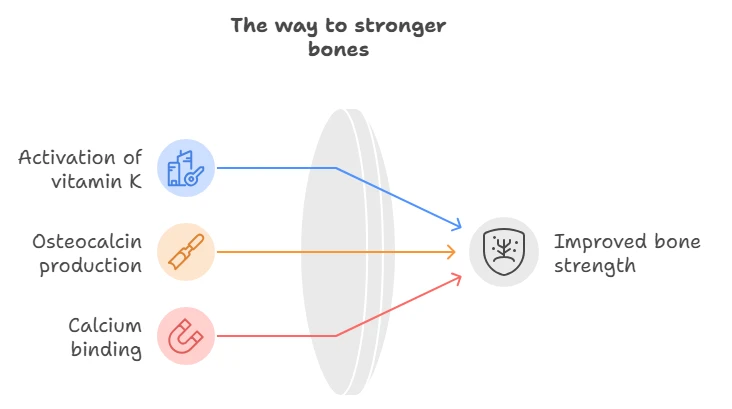
Activated osteocalcin promotes bone mineralization, increasing bone strength.
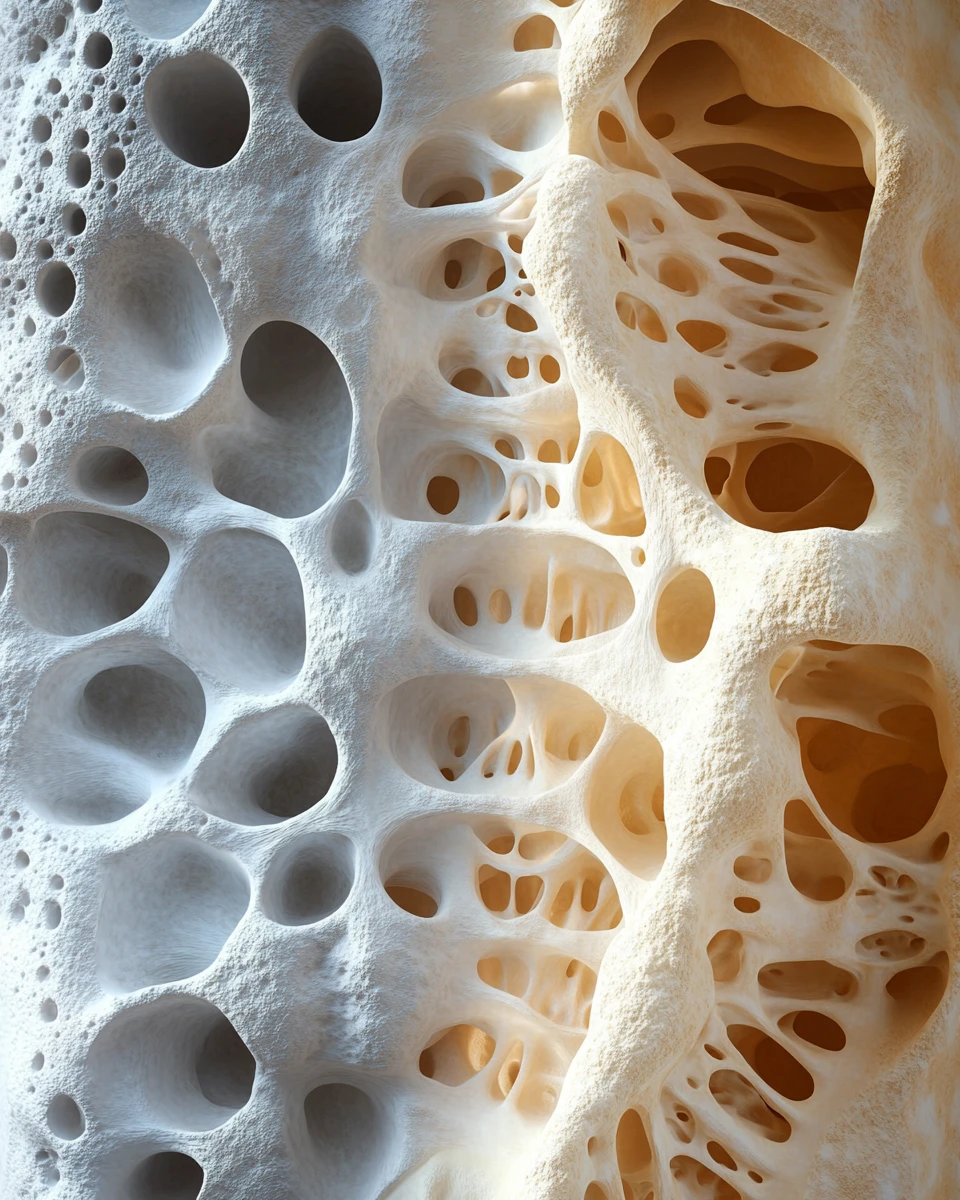
Bone Health Research
Recent studies suggest that adequate vitamin K intake may improve bone mineral density and reduce the risk of osteoporosis and fractures, especially in postmenopausal women.
Table 2: Effect of vitamin K on bone health
| Research | Results |
|---|---|
| Bolton-Smith et al, 2007 | Increased vitamin K intake is associated with high bone density |
| Ito et al., 2011 | Vitamin K2 reduces the risk of hip fractures in older women |
Sources of vitamin K
Vitamin K1 (phylloquinone)
- Sources: Green leafy vegetables (spinach, broccoli, cabbage), some vegetable oils.
- Features: Main form of vitamin K in the diet, responsible for blood clotting.
Vitamin K2 (menaquinone)
- Sources: Fermented foods (natto), some cheeses, meat, eggs.
- Features: More bioavailable to bone tissue, involved in bone metabolism.

Recommendations
Balanced diet: Include foods rich in vitamin K1 and K2 in your diet.
Vitamin K1 (phylloquinone):
- Major sources:
- Green leafy vegetables: spinach, broccoli, kale (especially curly kale), lettuce, parsley.
- Other vegetables: asparagus, Brussels sprouts, green peas.

- Features:
- Digestibility: Vitamin K1 is better absorbed with fats, so it is recommended to add vegetable oils or avocado to dishes.
- Preparation: To preserve vitamin K1, vegetables should be steamed or eaten raw, as prolonged heat treatment can reduce its content.

Vitamin K2 (menaquinone):
- Main sources:
- Fermented foods: natto (fermented soybeans), sauerkraut, some types of cheese (especially hard and mature cheeses).
- Animal products: eggs (especially from free-range chickens), liver, poultry.
- Features:
- Bioavailability: Vitamin K2 has a higher bioavailability to the body and circulates in the bloodstream longer.
- Consumption options: Adding fermented foods to the diet can significantly increase vitamin K2 levels.

Recommendations for inclusion in the diet:
- Dietary diversity: Combine different sources of vitamin K1 and K2 to ensure a full spectrum of benefits.
- Regularity: Because vitamin K does not accumulate in large amounts, regular food intake is important.
- Preparation Tips:
- Salads: Add salads of fresh green leafy vegetables with olive oil to your daily menu.
- Fermented foods: Include small portions of sauerkraut or natto in your meals.
Monitoring while taking medications: If you are taking anticoagulants (e.g., warfarin), consult your doctor about your vitamin K intake.
Why it matters:
- Interaction with warfarin:
- Warfarin acts by inhibiting the activity of vitamin K, which interferes with blood clotting.
- Sudden changes in vitamin K intake may affect the effectiveness of warfarin, increasing the risk of bleeding or clotting.
Patient Recommendations:
- Dietary stability:
- Keep your vitamin K intake constant by avoiding drastic changes in your diet.
- Do not completely eliminate vitamin K-rich foods, but do not increase the amount without consulting your doctor.
- Consultation with your health care provider:
- Regular check-ups: Have your blood clotting values (INR) monitored regularly as prescribed by your doctor.
- Informing: Tell your doctor about any changes in diet, taking new supplements or medications.
- Lifestyle:
- Avoid interacting medications and herbs: Some herbs and supplements can affect blood clotting.
- Education: Understanding how vitamin K affects your treatment can help you manage your health more effectively.

Prevention of osteoporosis: Especially postmenopausal women are advised to monitor their vitamin K levels to maintain bone health.
Why postmenopausal women are at risk:
- Hormonal changes: Decreased estrogen levels lead to accelerated loss of bone mass.
- Increased bone fragility: Incre ased risk of osteoporosis and related fractures.
The role of vitamin K in bone health:
- Activation of osteocalcin: Vitamin K is essential for activating the protein osteocalcin, which binds calcium in bones, helping to strengthen them.
- Improving mineralization: It helps to increase bone mineral density, reducing the risk of fractures.
Recommendations for maintaining vitamin K levels:
- Diet:
- Vitamin K rich foods: Consume green leafy vegetables and fermented foods on a regular basis.
- Balanced diet: Ensure adequate intake of calcium and vitamin D, which work in conjunction with vitamin K.
- Supplements:
- Consult a doctor: Before starting vitamin K supplements, especially K2, you should discuss it with a medical professional.
- Dosage: Follow recommended doses to avoid potential side effects.
- Lifestyle:
- Physical activity: Regular weight-bearing exercise (e.g., walking, yoga, light strength training) helps strengthen bones.
- Healthy habits: Avoid smoking and excessive alcohol consumption, which negatively affect bone tissue.
- Bone health monitoring:
- Diagnosis: Perform bone mineral density measurements (densitometry) as recommended by your doctor.
- Early intervention: If signs of osteopenia or osteoporosis are detected, start appropriate treatment and nutritional adjustments.

Additional tips:
- Education and awareness: Understanding the role of vitamin K and other nutrients can help you make informed decisions about nutrition and health.
- Social support: Participation in health groups or support programs can increase motivation to adhere to recommendations.
Conclusion
Vitamin K is an essential component for maintaining normal blood clotting function and bone health.
Adequate intake through a balanced diet helps prevent bleeding and bone disease.
Physicians are advised to consider vitamin K levels when assessing risks in patients and when prescribing certain medications.
List of references
- Shearer MJ. Vitamin K in disease prevention and therapy. Thromb Haemost. 1995;74(1):157-162.
- Puckett RM, Offringa M. Prophylactic vitamin K for vitamin K deficiency bleeding in neonates. Cochrane Database Syst Rev. 2000
- Booth SL, et al. Vitamin K: an example of triage theory illustrating the risk of subtle nutritional deficiencies. Adv Nutr. 2012;3(2):150-158.
- Cockayne S, et al. Vitamin K and the prevention of fractures: systematic review and meta-analysis of randomized controlled trials. Arch Intern Med. 2006;166(12):1256-1261.
- Bolton-Smith C, et al. Two-year randomized controlled trial of vitamin K1 (phylloquinone) and vitamin D3 plus calcium on the bone health of older women. J Bone Miner Res. 2007;22(4):509-519.
- Iwamoto J, et al. Vitamin K2 therapy for postmenopausal osteoporosis. Nutrients. 2014;6(5):1971-1980.


